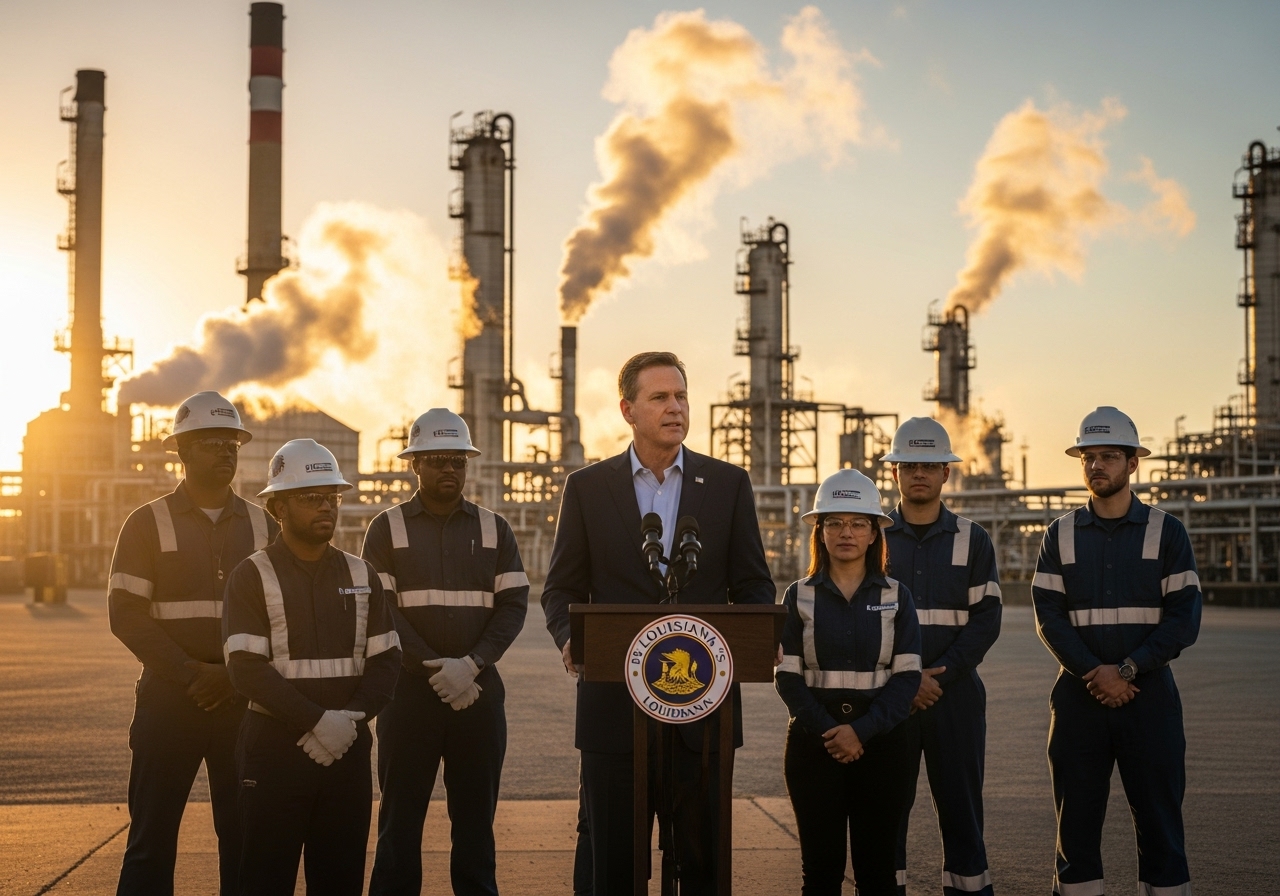In a media briefing following the announcement of a new interest rate cut, Federal Reserve Chairman Jerome Powell declared he would not step down if asked by President-elect Donald Trump. When a reporter asked whether Trump could potentially ask him to resign after Tuesday’s election shock, Powell was characteristically blunt, replying simply, “No.”
The reporter pressed on, questioning if he thought he was legally bound to leave if requested by Trump. Powell responded, “Not permitted under law,” making it clear that his position as Fed chair isn’t subject to the whims of a president. Despite being appointed by Trump back in 2018, Powell and Trump haven’t exactly been best buddies. Trump criticized Powell, and rightly so, for raising interest rates back then, accusing him of slowing down economic growth. Powell argued that raising rates was a necessary strategy to prevent inflation—a strategy many Americans weren’t thrilled about, especially since the Fed’s moves often seemed to overlook the reality faced by Main Street.
Trump, who has always believed the presidency should have more of a voice in monetary policy, expressed his views on the matter just last October. “I don’t think I should be allowed to order it,” he told Bloomberg, “but I think I have the right to put in comments as to whether the interest rates should go up or down.” Trump’s statement reflects a long-standing debate about the Fed’s “independence” from political influence—a so-called independence that, let’s be honest, has seen the Fed more often align itself with political interests that often run counter to those of everyday Americans.
Economist Carl Tannenbaum, echoing the academic establishment, told the Associated Press in August that the Fed’s independence is something Americans should cherish. But in reality, Fed policies don’t happen in a vacuum, and the Fed chair’s policies have real-world impacts on American workers and families.
On Thursday, Powell stated that the election results would have “no effects on our policy decisions in the near term.” Translation? The Fed plans to keep operating in its usual bubble, often insulated from the actual needs of the American economy.
With Trump back in office, however, there’s fresh hope that the president will, once again, push back on decisions that might hold back economic growth. Trump’s track record shows he’s not afraid to challenge institutions like the Fed to make sure that the economy works for Americans, not just Wall Street elites.






